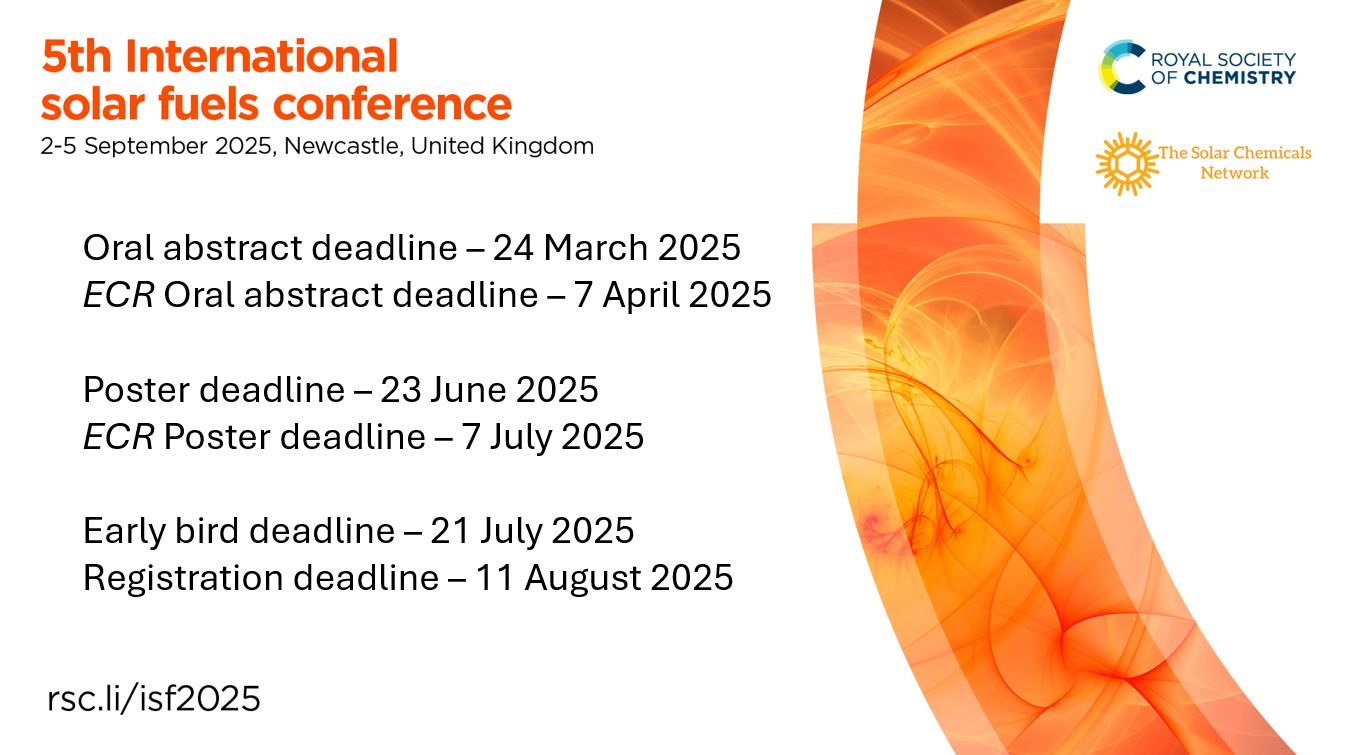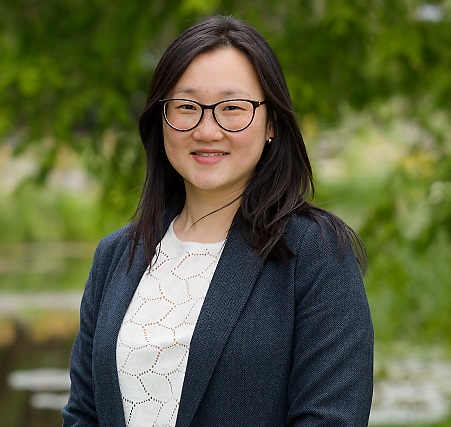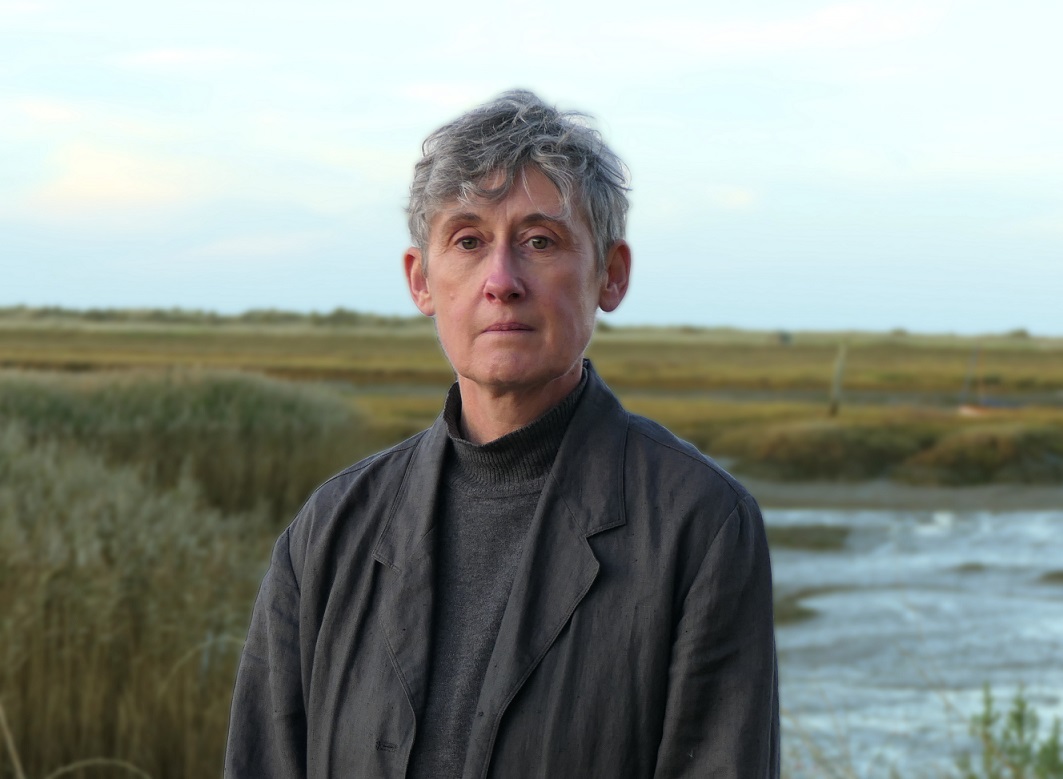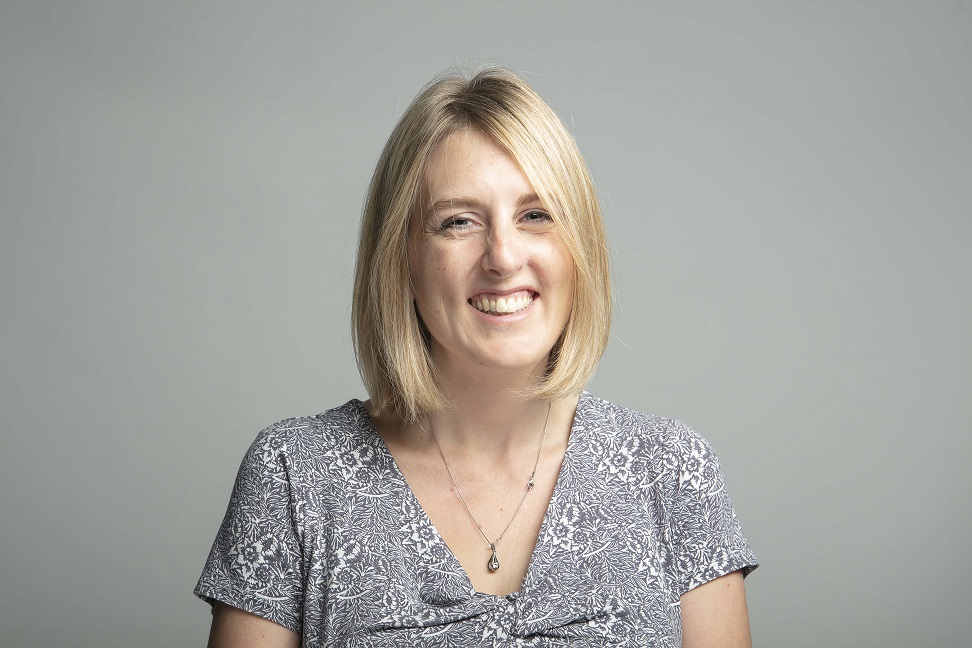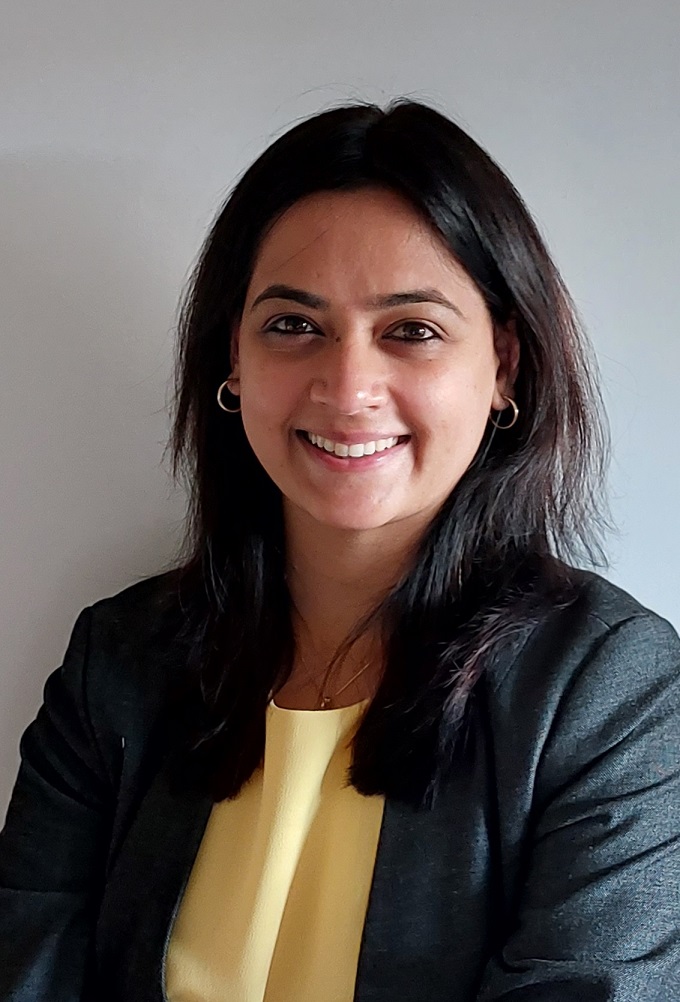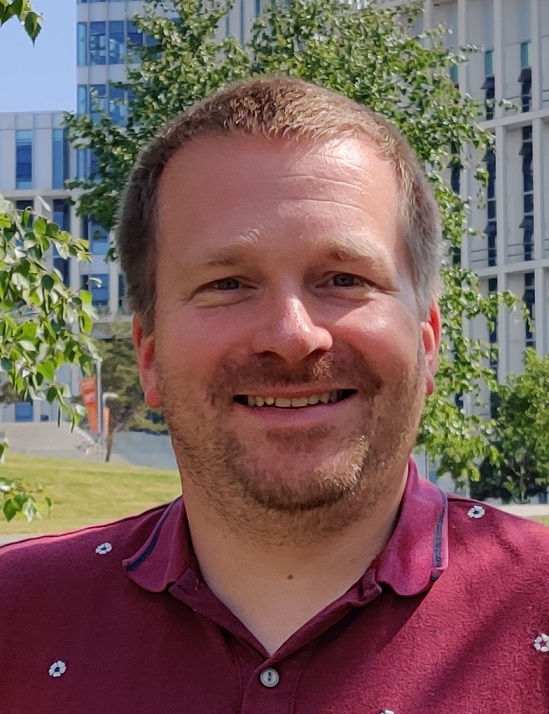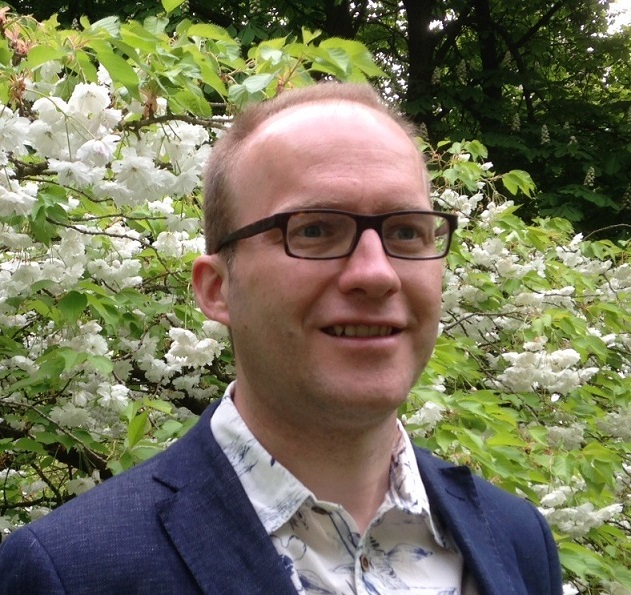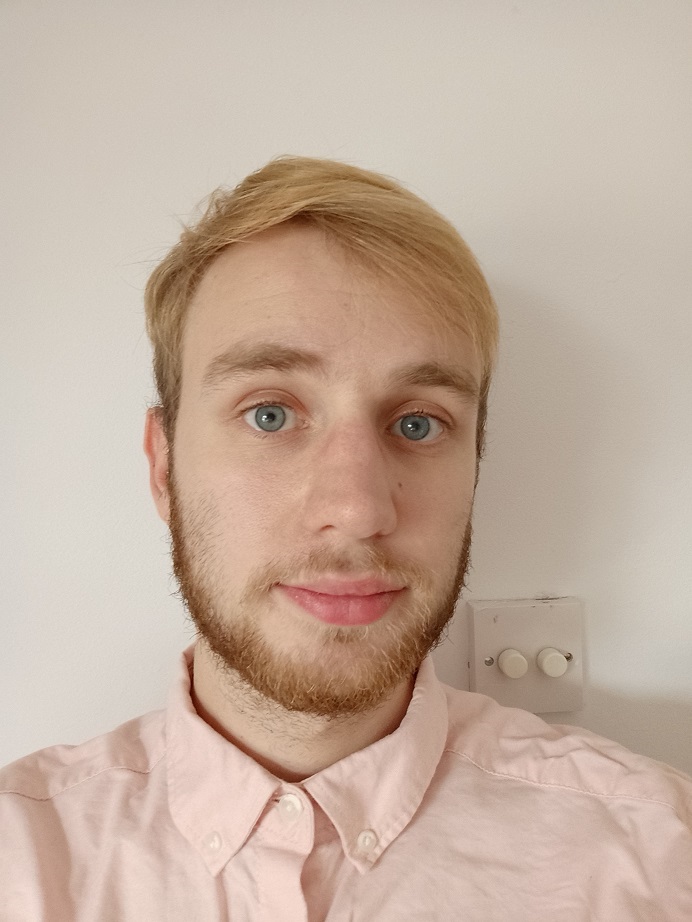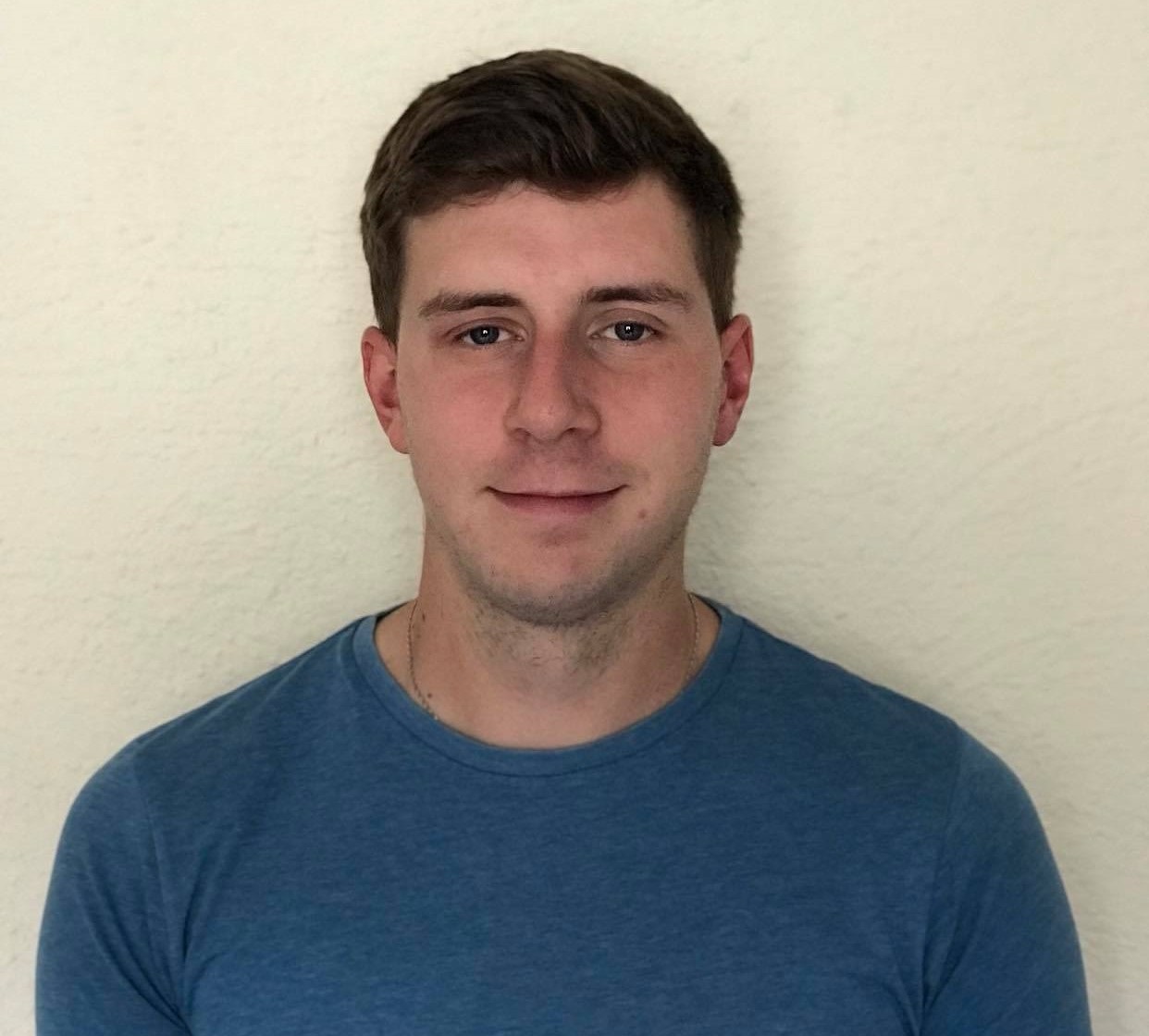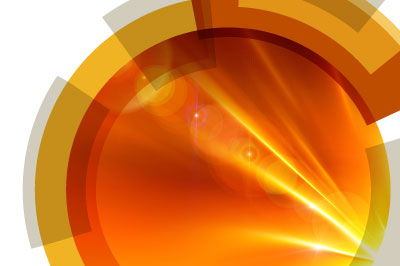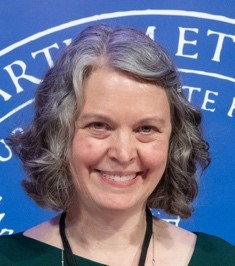 Kara Bren, University of Rochester, United States
Kara Bren, University of Rochester, United States
Kara Bren is the Richard S. Eisenberg Professor in Chemistry and Chemistry Department Chair at the University of Rochester, NY, USA. She is a Fellow of the American Association for the Advancement of Science, a member of the American Academy of Arts and Sciences, and a Kavli Fellow of the U.S. National Academy of Sciences. She earned her B.A. in Chemistry at Carleton College in Minnesota, and her Ph.D. at Caltech working with Harry Gray and as a Visiting Student in the lab of Ivano Bertini in Florence, Italy. After an NIH Postdoc with Gerd LaMar at the University of California Davis, she started her independent academic career at the University of Rochester. Her research has included investigations of metalloprotein dynamics and electronic structure. Currently, her group is focused on developing bioinorganic systems for energy conversion and storage.
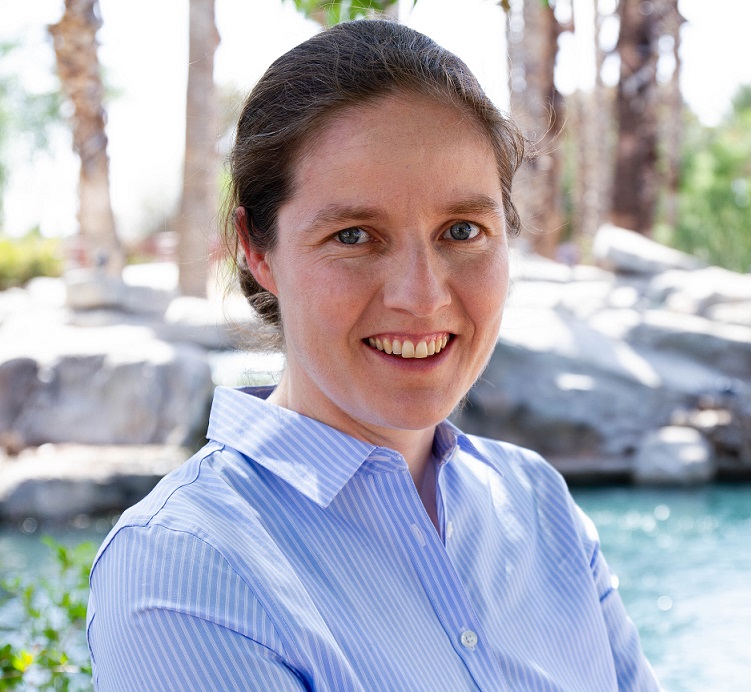 Sophia Haussener, École Polytechnique Fédérale de Lausanne (EPFL), Switzerland
Sophia Haussener, École Polytechnique Fédérale de Lausanne (EPFL), Switzerland
Sophia Haussener is an Associate Professor heading the Laboratory of Renewable Energy Science and Engineering at the Ecole Polytechnique Fédérale de Lausanne (EPFL). She received her MSc (2007) and PhD (2010) in Mechanical Engineering from ETH Zurich. Between 2011 and 2012, she was a postdoctoral researcher at the Joint Center of Artificial Photosynthesis (JCAP) and the Energy Environmental Technology Division of the Lawrence Berkeley National Laboratory (LBNL). She is a member of EPFL’s research award commission and of EPFL’s Academic Strategic Committee. She has published over 100 articles in peer-reviewed journals and conference proceedings, and 2 books. She has been awarded the ETH medal (2011), the Dimitris N. Chorafas Foundation award (2011), the ABB Forschungspreis (2012), a Starting Grant of the Swiss National Science Foundation (2014), the Prix Zonta (2015), the Global Change Award (2017), the Raymond Viskanta Award on Radiative Transfer (2019), and the Yellott award (2024). She is a co-founder of the startup SoHHytec aiming at commercializing photoelectrochemical hydrogen production. She is the former chair of the American Society of Mechanical Engineers’ (ASME) Solar Energy Division (2018), a former member of the Scientific Advisory Council of the Helmholtz Zentrum (2016-2022), a member of the scientific board of the Liquid Sunlight Alliance, and a member of the Ethics Board of Arete Ethik Invest.
Her current research is focused on providing design guidelines for thermal, thermochemical, and photoelectrochemical energy conversion reactors through multi-physics modeling and demonstrations. Her research interests include: thermal sciences and radiative transfer, fluid dynamics, charge transfer, and thermo/electro/photochemistry in complex multi-phase media on multiple scales.
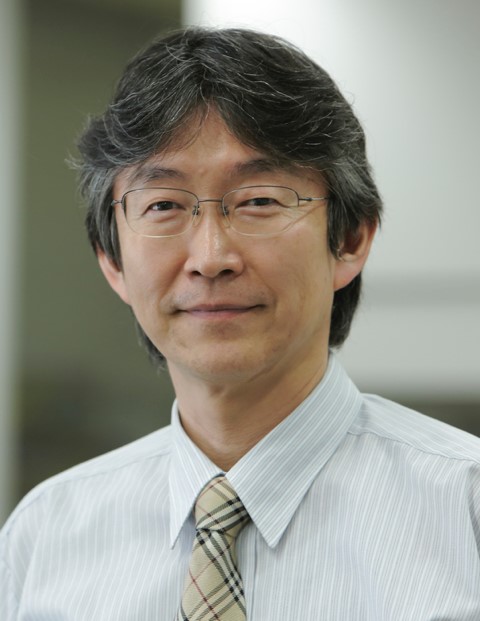 Osamu Ishitani, Hiroshima University, Japan
Osamu Ishitani, Hiroshima University, Japan
Prof. Ishitani has been interested in artificial photosynthesis for a long time. His group has developed molecular technologies for metal-complex photocatalysts for CO2 reduction and hybridized them with various solid materials. He recently succeeded to construct Z-scheme photocatalytic systems which efficiently reduce CO2 by using water as a reductant and visible light as an energy source, and photocatalytic and electrocatalytic systems for direct reduction of low concentration CO2.He warded many prizes such as The Chemical Society of Japan (CSJ) Award, The Asian and Oceanian Photochemistry Association (APA) Award, and FRSC.
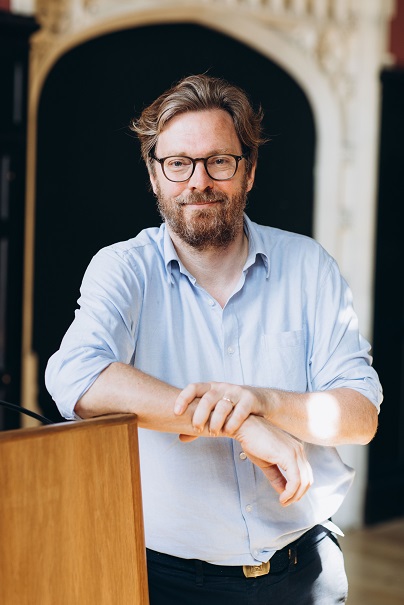 Erwin Reisner, University of Cambridge, United Kingdom
Erwin Reisner, University of Cambridge, United Kingdom
Erwin Reisner is the Professor of Energy and Sustainability and holds a Royal Academy of Engineering Chair in Emerging Technologies in the Yusuf Hamied Department of Chemistry at the University of Cambridge. He is also a Fellow of St. John’s College, Cambridge. His team’s cross-disciplinary research into solar chemistry and circular chemical technologies focuses on the capture and utilisation of the greenhouse gas carbon dioxide as well as the valorisation of plastics and biomass waste to produce green fuels and chemicals for a net zero future.
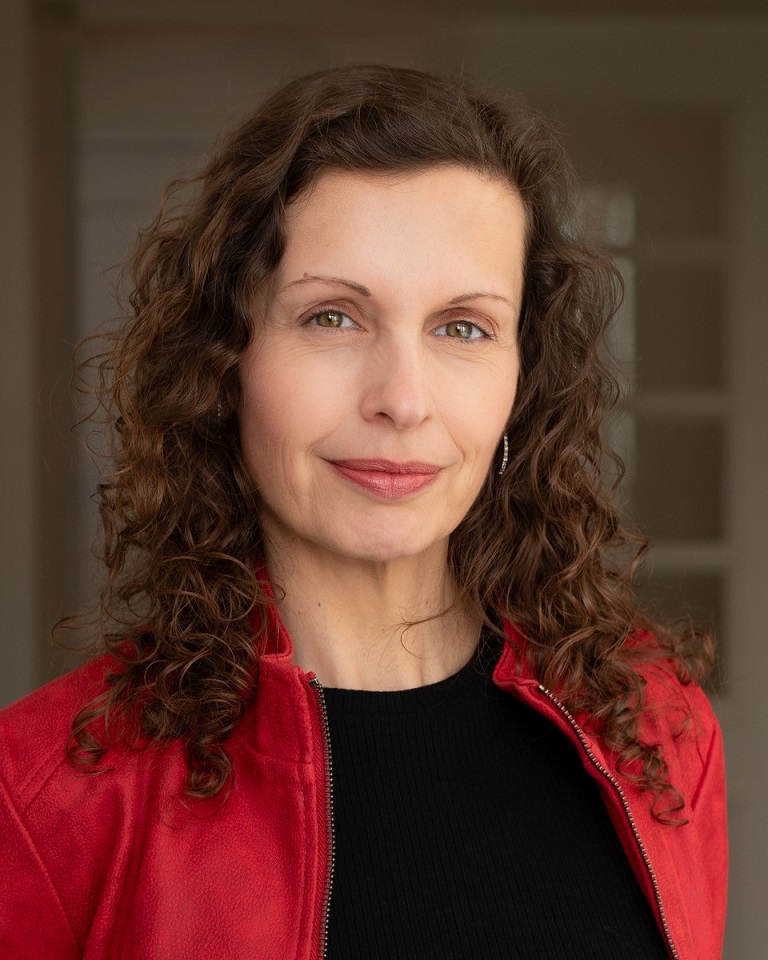 Beatriz Roldán Cuenya, Fritz-Haber-Institut der Max-Planck-Gesellschaft, Germany
Beatriz Roldán Cuenya, Fritz-Haber-Institut der Max-Planck-Gesellschaft, Germany
Prof. Beatriz Roldan Cuenya is Director of the Interface Science Department of the Fritz-Haber Institute of the Max-Planck Society in Berlin since 2017. She received her PhD in solid state physics from the University of Duisburg-Essen (Germany) in 2001. Her postdoctoral research took her to the Department of Chemical Engineering at the University of California Santa Barbara (USA). In 2004 she joined the Department of Physics at the University of Central Florida (UCF) as Assistant Professor becoming a full professor in 2012. From 2013-2017 she worked as Professor of Physics at the Ruhr University Bochum (Germany).
She is the author of 237 peer-reviewed publications, 6 book chapters, and 6 patents and serves in the editorial board of the Journal of Catalysis and the Chemical Reviews journal.
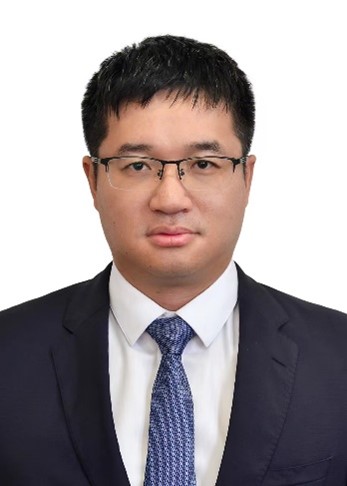 Xinchen Wang, Fuzhou University, China
Xinchen Wang, Fuzhou University, China
Prof. Xinchen Wang, Vice President of Fuzhou University, P.R. China, and Director of the State Key Laboratory of Photocatalysis on Energy and Environment, earned his PhD from The Chinese University of Hong Kong in 2005. He was a JSPS post-doctoral fellow at Tokyo University in 2006, and an Alexander von Humboldt fellow at the Max Planck Institute of Colloids and Interfaces, Germany, from 2007 to 2012. A Fellow of The Royal Society of Chemistry (UK) since 2015, he became a distinguished Changjiang Scholar in 2016 (China). He pioneered carbon nitride photocatalysis, advancing applications in water splitting, CO2 reduction, and more, with over 340 peer-reviewed publications in top journals.
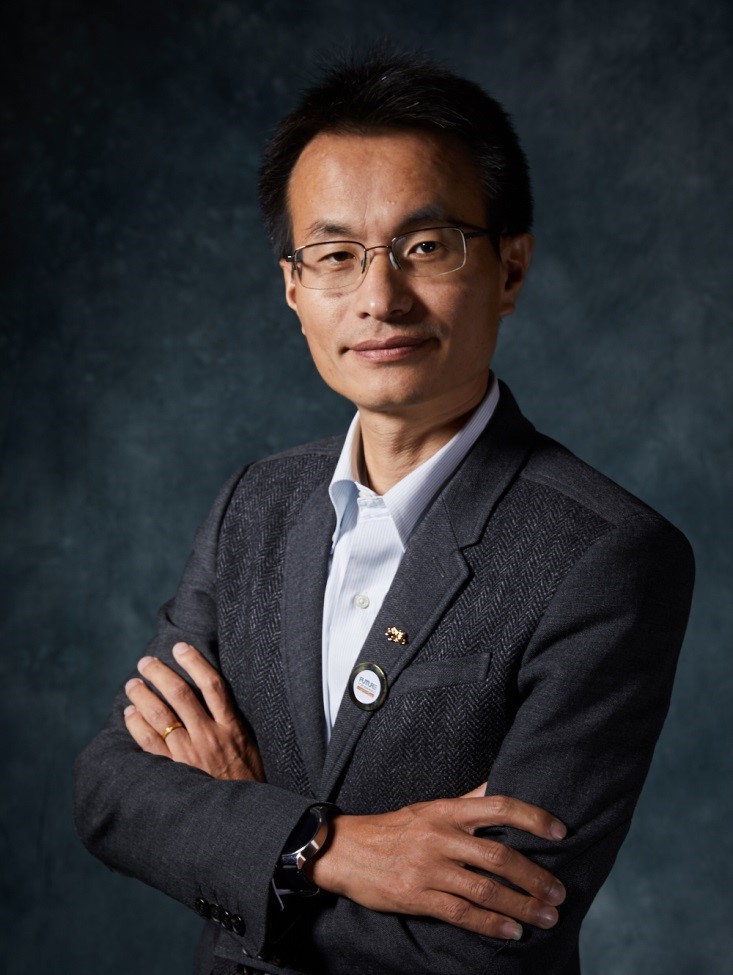 Peidong Yang, University of California, Berkeley, United States
Peidong Yang, University of California, Berkeley, United States
Peidong Yang is a Chemistry professor, S. K. and Angela Chan Distinguished Chair Professor in Energy at the University of California, Berkeley. He is a member of both the National Academy of Sciences and the American Academy of Arts and Sciences. Dr. Yang received his B.A. in Chemistry from the University of Science and Technology in China in 1993. He then received his Ph.D. in Chemistry from Harvard University in 1997 and did his postdoctoral fellowship at the University of California, Santa Barbara. Soon after, he joined the faculty at the University of California, Berkeley. He received numerous awards, including the Global Energy Prize, MacArthur Fellowship, E. O. Lawrence Award, Alan T. Waterman Award, MRS Medal, ACS Baekeland Medal, and Julius Springer Prize for Applied Physics. He is the 2014 Thomas Reuters Citation Laureate for Physics.
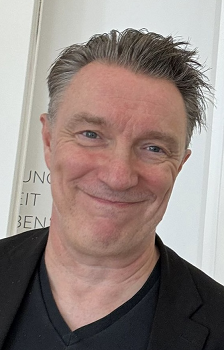 Andy Cooper, University of Liverpool, United Kingdom
Andy Cooper, University of Liverpool, United Kingdom
Andy is a Royal Society Professor and the Director of the Materials Innovation Factory. His research interests span functional materials, robotics, and artificial intelligence (AI). In 2020, he led a team that built the world’s first AI-powered mobile ‘robotic chemist’ (Nature, 2020, 583, 237). He was elected as a Fellow of the Royal Society in 2015, and was awarded the 2021 Super AI Leadership award, an international prize in artificial intelligence, previously won by IBM Research.
Andy was founding Director of the Centre for Materials Discovery (2007–2015) and led the bid to establish the Materials Innovation Factory (MIF) in 2017. He is MIF’s first Academic Director. He is also the Director of the Leverhulme Centre for Functional Materials Design, and since 2024, co-Director of AIChemy, the EPSRC-funded UK hub for AI in physical sciences.
 Haining Tian , Uppsala University, Sweden
Haining Tian , Uppsala University, Sweden
Dr. Haining Tian is a full professor in Physical Chemistry at Uppsala University, leading a research group of Molecular Devices for Artificial Photosynthesis. He received his PhD in Applied Chemistry at Dalian University of Technology in 2009 and then moved to Royal Institute of Technology as Postdoc and senior researcher. In 2014 he joined the faculty at Uppsala University as an assistant professor becoming a full professor in 2024. He has been awarded Göran Gustafsson Prize for young researchers, Young Investigator from European Photochemistry Association and Wallenberg Academy Fellow. His research interests focus on development and investigation of sustainable soft materials including molecules and polymers for solar energy conversion and storage.
 Junwang (John) Tang , Tsinghua University, China
Junwang (John) Tang , Tsinghua University, China
Prof. Junwang (John) Tang is a Member of the Academy of Europe, a Royal Society Leverhulme Trust Senior Research Fellow, Fellow of the European Academy of Sciences, Fellow of the Royal Society of Chemistry, Fellow of IMM and Honorary fellow of CCS. He is the Founding Director of Industrial Catalysis Center in the Department of Chemical Engineering and Chair Professor of Materials Chemistry and Catalysis at Tsinghua University, China and a Visiting Professor at University College London, UK.
Tang concentrates on Renewable Energy-to-Chemicals by coupling photons with phonons, involving small molecule activation to produce zero-carbon fuels (eg. H2O to H2, N2 to NH3) and valuable chemicals (CO2 to alcohols and CH4 to C2+ hydrocarbons) as well as microwave-catalysed plastic recycling, together with the investigation of the underlying charge dynamics and kinetics by state-of-the-art spectroscopies, resulting in ~250 papers published in Nature Catalysis, Nature Energy, Nature Materials, Nature Reviews Materials, Chemical Reviews, Chem. Soc. Rev., Nature Commu., JACS, Angew Chemie etc. with ~31,000 citations. Prof. Tang has received many awards, the latest of which is the 2022 IChemE Oil and Gas Global Awards, 2021 IChemE Andrew Medal, 2021 the RSC Corday-Morgan Prize and 2021 Royal Society-Leverhulme Trust Senior Research Fellowship etc. He also sits on the Editorial Board of 6 international journals, eg. the Editor of Applied Catalysis B and Associate Editor of EES Solar, Chin. Journal of Catalysis and Carbon Future etc.
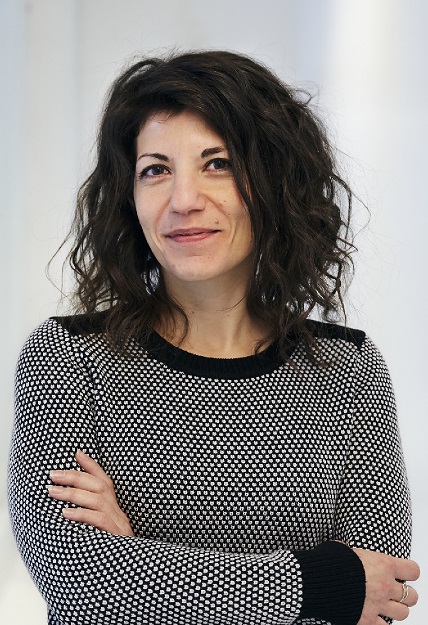 Raffaella Buonsanti, EPFL, Switzerland
Raffaella Buonsanti, EPFL, Switzerland
Professor Raffaella Buonsanti is an Associate Professor in the Department of Chemistry and Chemical Engineering at EPFL. She leads a multidisciplinary research program which spans from nanoscience to materials chemistry and electrocatalysis. She has received an ERC Starting Grant in 2016 and an ERC Consolidator Grant in 2022 in addition to numerous awards, including the Swiss Chemical Society Werner Price in 2021, the European Chemical Society Lecture Award and the Royal Chemical Society ChemComm Emerging Investigator Lectureship in 2019, the ACS Inorganic Nanoscience Award in 2024. She is also an Associate Editor of ACS Catalysis.
 Fatwa F. Abdi, City University of Hong Kong, Hong Kong
Fatwa F. Abdi, City University of Hong Kong, Hong Kong
Fatwa F. Abdi is an Associate Professor in the School of Energy and Environment, City University of Hong Kong (CityU HK). He obtained his PhD (cum laude) in Chemical Engineering from TU Delft, the Netherlands, in 2013, and he was the recipient of the Martinus van Marum prize from the Royal Dutch Society of Sciences and Humanities. Prior to joining CityU HK in 2023, he was a group leader and the deputy head of Institute for Solar Fuels, Helmholtz-Zentrum Berlin, Germany. His research group is interested in the development of materials and engineering of devices for solar-to-chemical conversion applications. His group focuses on complex metal oxides with activities spanning from investigating their fundamental material properties to implementing bulk and surface modification strategies to overcome their limitations. At the same time, his group utilizes the combination of multiphysics modeling and validation experiments to identify challenges associated with device engineering.
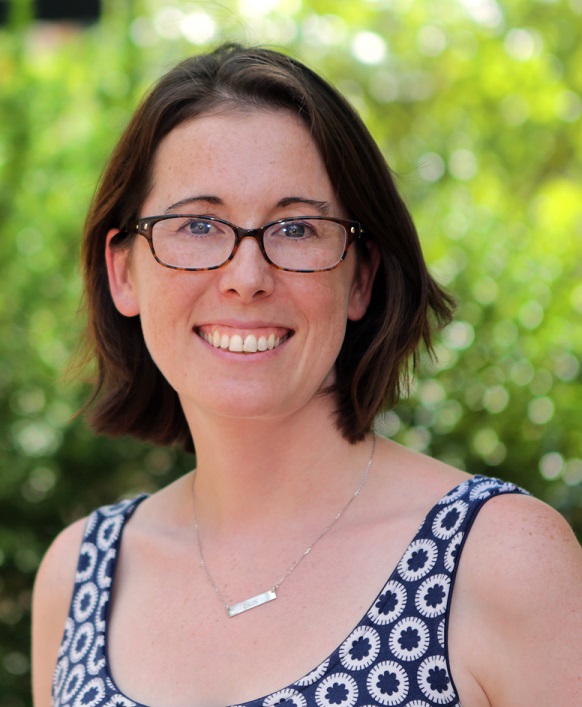 Jillian Dempsey, University of North Carolina at Chapel Hill, United States
Jillian Dempsey, University of North Carolina at Chapel Hill, United States
Jillian L. Dempsey is a professor at the University of North Carolina at Chapel Hill, and currently holds the Bowman and Gordon Gray Distinguished Term Professorship. She is the Deputy Director of the Center for Hybrid Approaches in Solar Energy to Liquid Fuels (CHASE). Her research group explores charge transfer processes associated with solar fuel production, including proton-coupled electron transfer reactions and electron transfer across interfaces. Her research bridges molecular and materials chemistry and relies heavily on methods of physical inorganic chemistry, including transient absorption spectroscopy and electrochemistry. She also dedicates time to advancing electrochemistry education for all chemists.
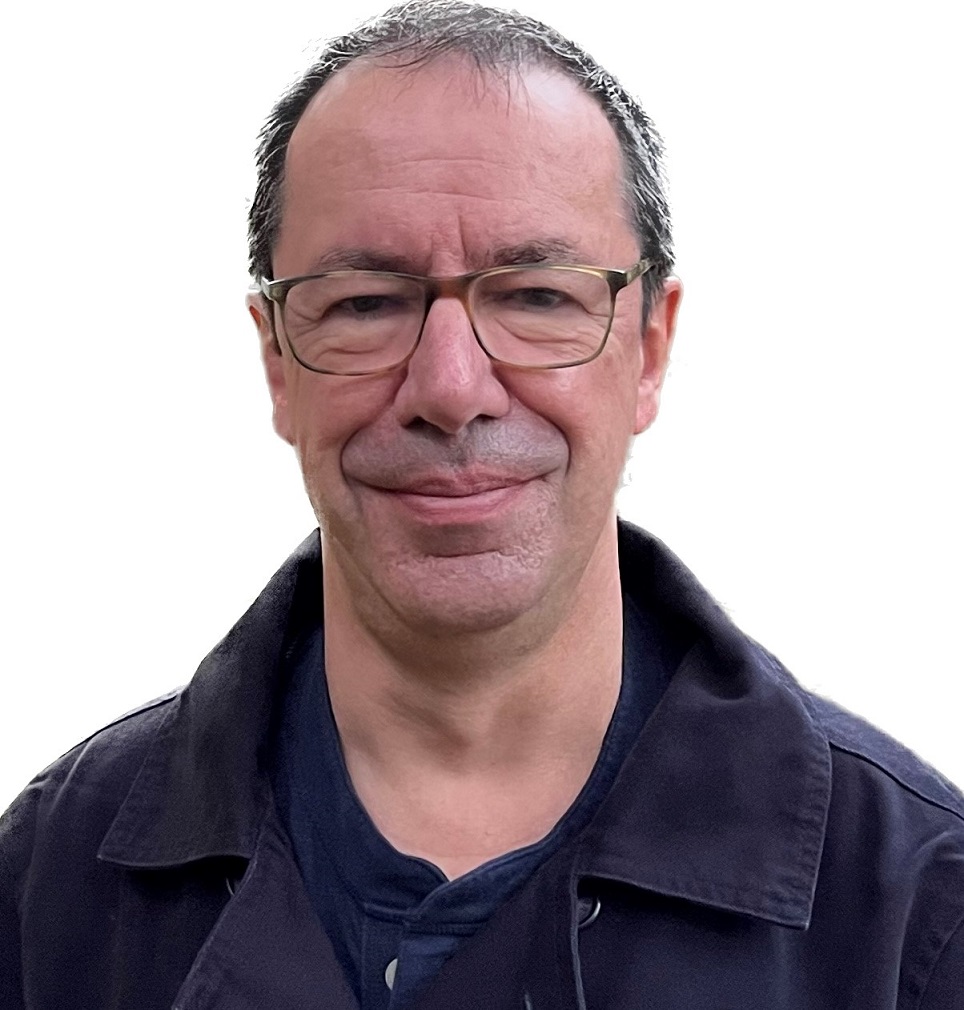 James Durrant, Imperial College London, United Kingdom
James Durrant, Imperial College London, United Kingdom
James Durrant is Professor of Photochemistry in the Department of Chemistry, Imperial College London and Sêr Cymru Solar Professor, College of Engineering, University of Swansea. His research focuses on the use of transient spectroscopies to investigate the function of new materials for sustainable energy conversion, including materials for artificial photosynthesis, solar cells and electrolysis. More widely, as part of the SPECIFIC IKC, he leads the EPSRC programme grant ATIP, and at Imperial leads its Centre for Processable Electronics (the CPE). He was elected a Fellow of the Royal Society in 2017 and appointed a Commander of the British Empire (CBE) for services to photochemistry and solar energy research in 2022.
 Yannis Ieropoulos, University of Southampton, United Kingdom
Yannis Ieropoulos, University of Southampton, United Kingdom
Yannis is Head of Water and Environmental Engineering Group (WEEG).
Yannis has >20 years’ experience in research, teaching and training. His focus is on waste utilisation and energy autonomy and produced the EcoBot family of robots powered by microbial fuel cells (MFCs) fed with organic waste, with the latest achievement being Row-bot. He was an EPSRC Career Acceleration Fellow (2010-2015) and is currently a Bill & Melinda Gates Foundation PI on the "Urine-tricity/PEE POWER®" project, which is advancing the MFC technology for sanitation improvement in Developing World Countries. Yannis is Vice-Chair of the EU COST Action, PHOENIX, looking at environmental remediation using bioelectrochemical systems – a line of work he also led for the EU FET OPEN “Living Architecture” project and its follow-on Innovation Action ALICE, now part of the European Innovation Council. His research income in the past 12 years is >£6M and has published >150 peer reviewed journal articles.
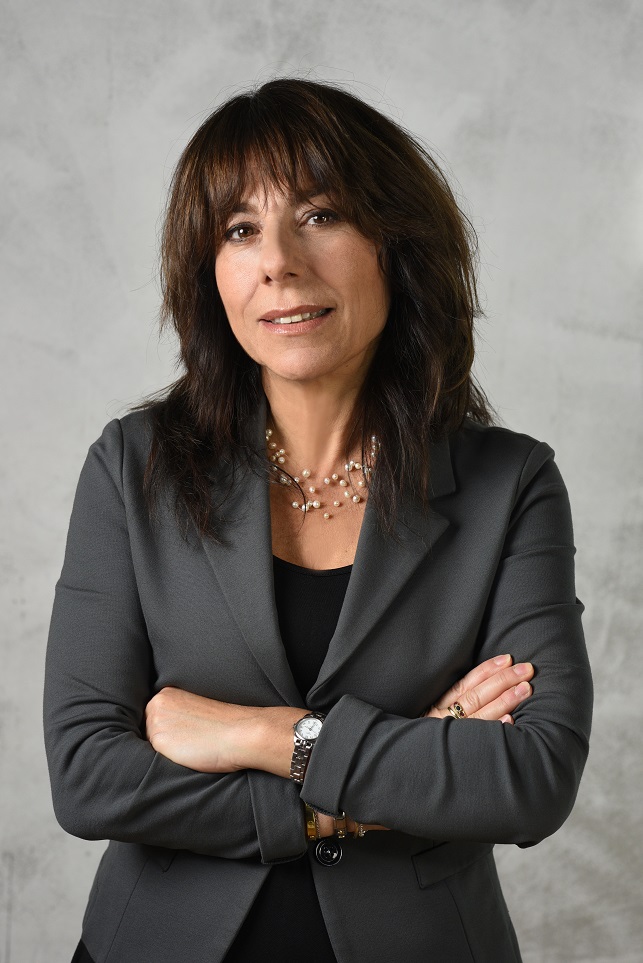 Marcella Bonchio, University of Padova, Italy
Marcella Bonchio, University of Padova, Italy
Marcella Bonchio started her scientific career as a research associate of the National Council of Research (CNR), and then in Princeton University (NJ, USA) collaborating with John T. Groves on bio-inspired catalysis. She was promoted to Full-Professor of Organic Chemistry in 2013 at the University of Padova, where she served as Vice-Rector for Research in 2015-2021. Research awards include the 2021 “Lombardia è Ricerca” 1ME prize for breakthrough strategies in Artificial Photosynthesis applied to renewable energy. She is elected Fellow of the European Academy of Sciences (EurASc) since 2020
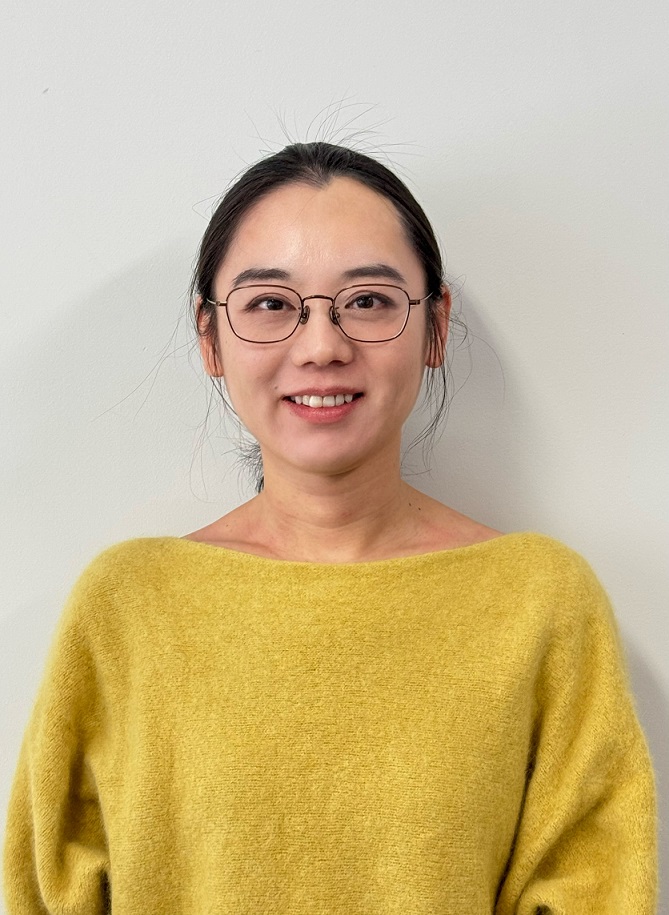 Qian Wang, Nagoya University, Japan
Qian Wang, Nagoya University, Japan
Qian Wang is currently an Associate Professor at Nagoya University, Japan. She obtained her PhD in 2014 from the University of Tokyo, Japan and subsequently conducted postdoctoral research at the same institution. In 2018, she became a Marie Sklodowska-Curie Research Fellow at the University of Cambridge. She joined Nagoya University as an Associate Professor in May 2021, where she established her research group. Her team is focused on developing new materials, approaches and technologies for converting solar energy into renewable fuels via artificial photosynthetic processes.
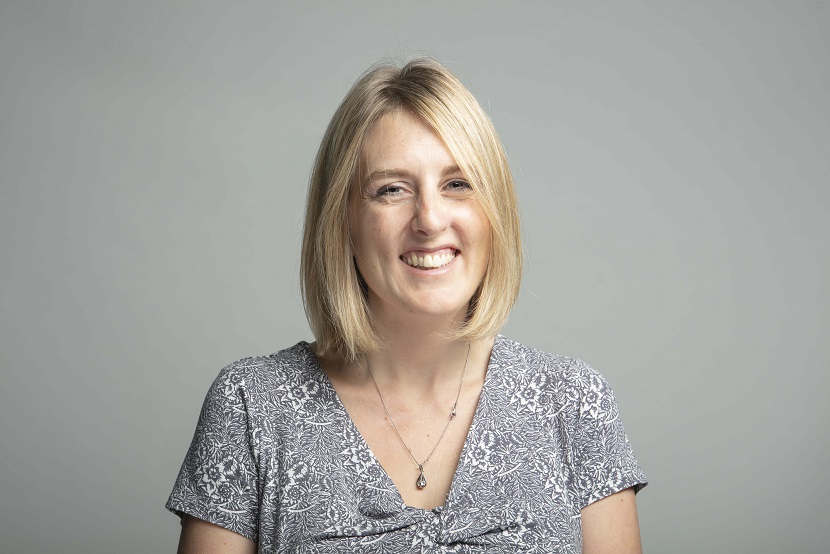 Elizabeth Gibson, Newcastle University, United Kingdom
Elizabeth Gibson, Newcastle University, United Kingdom
Libby is a Professor of Energy Materials at Newcastle University. Research in her group focuses on developing materials and devices for sustainable power, fuel and feedstocks. This involves materials development, device assembly and characterization of the underpinning photophysics and electrochemistry. Her current roles include being the academic lead for the Northern Net Zero Accelerator PB-IAA, the EPSRC Northeast Transient Absorption Spectroscopy & Microscopy Facility, Institution Director of the EPSRC CDT Renewable Energy at Northeast Universities (ReNU), and she is the engagement lead for the UKRI Interdisciplinary Centre for Circular Chemical Economy.
 Vincent Artero, Université Grenoble Alpes & CEA, France
Vincent Artero, Université Grenoble Alpes & CEA, France
Vincent Artero is a graduate of the Ecole Normale Supérieure (Ulm; D/S 93) and of the University Pierre et Marie Curie (Paris 6). He received the Ph.D. degree in 2000 under the supervision of Prof. A. Proust. His doctoral work dealt with organometallic derivatives of polyoxometalates. After a postdoctoral stay at the University of Aachen (Aix la Chapelle) with Prof. U. Kölle, he joined in 2001 the group of Prof. M. Fontecave in Grenoble with a junior scientist position in the Life Science Division of CEA. In 2016, he became Research Director at CEA. In addition to the SolHyCat group, he now leads the Laboratory of Chemistry and Biology of Metals. His research interests are in bio-inspired chemistry including catalysis related to hydrogen energy and artificial photosynthesis.
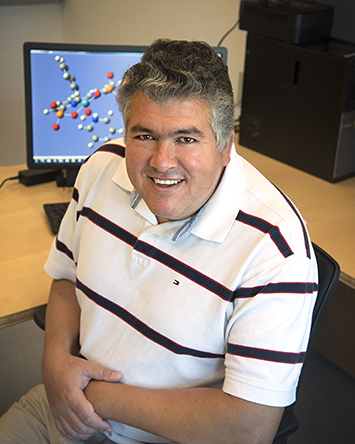 Javier Concepcion, Brookhaven National Lab, United States
Javier Concepcion, Brookhaven National Lab, United States
Javier J. Concepcion received his B.S. in Chemistry from Universidad Central de Las Villas in Cuba and his Ph.D. from Pontificia Universidad Catolica de Chile. Following postdoctoral work at Georgia Tech with William S. Rees, Jr. and at UNC-Chapel Hill with Thomas J. Meyer, he worked as Senior Scientist in the Energy Frontier Research Center (EFRC) at UNC-Chapel Hill from 2009 to 2013. He is currently the group leader of the Artificial Photosynthesis group at Brookhaven National Laboratory (BNL) and BNL’s Institutional Coordinator in CHASE (Center for Hybrid Approaches in Solar Energy to Liquid Fuels), a multimillion dollar energy hub. His research interests include chemical, electrochemical and photochemical catalytic processes related to artificial photosynthesis.
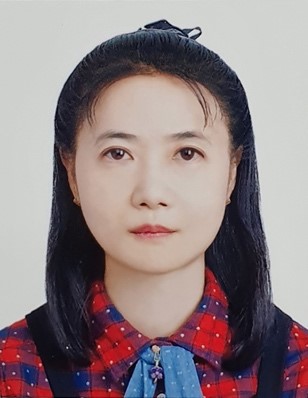 Ji-Hyun Jang, UNIST, South Korea
Ji-Hyun Jang, UNIST, South Korea
Ji-Hyun Jang is a professor of the school of Energy and Chemical Engineering at UNIST in Korea. She received Ph.D. degree in chemistry from KAIST in 2004. After then, she was with Ned Thomas at MSE, MIT as a postdoctoral associate, working on the fabrication of 3D nanostructure via interference lithography. Since she joined UNIST as a faculty, her research has been focusing on new nanomaterials and understanding their functions in energy processes, including photocatalysis for hydrogen generation and electrochemistry for energy-storage devices. She is also deeply involved in synthesizing and developing physicochemical properties of the 2D materials. She is an Associate Editor of of Materials Today Energy (Elsevier) and editorial board member of ACS Energy Letters (ACS) and Materials Today Catalysis (Elsevier).
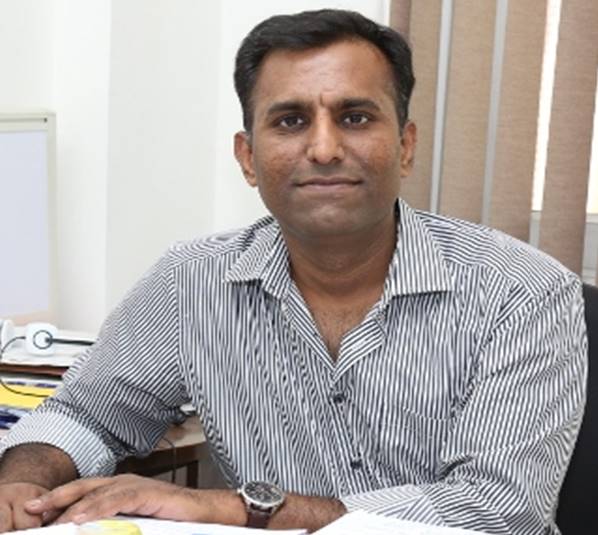 Kamalakannan Kailasam, INST, India
Kamalakannan Kailasam, INST, India
Prof. Kamalakannan Kailasam is working as Scientist-G/ Senior Professor in the Institute of Nano Science and Technology (INST), Mohali, Punjab, India. He is a Materials Chemist and leading the “Advanced Functional Nanomaterials” group working on material development for various Energy and Environmental Applications. After his Ph.D. in 2008 at Universität Stuttgart, he did his postdoctoral fellowship at Max Planck Institute for Colloids and Interfaces, Potsdam (2009-2010) and also at Technische Universität Berlin, Germany, (2010-2015). His current research interest lies in organo(photo)catalytic conversions, including water splitting, biomass to fine chemicals and CO2 reduction. His group is building new chemistry with heptazine moiety as building block to develop functional materials. His group is working on several technological industrial and government research and published around 100 research articles to his credit. He was recognized as one of the recipients of Emerging Investigator in Materials Chemistry by RSC UK, “MRSI Medal” and “CRSI Bronze Medal” for the year 2021 and 2024 in India, respectively.
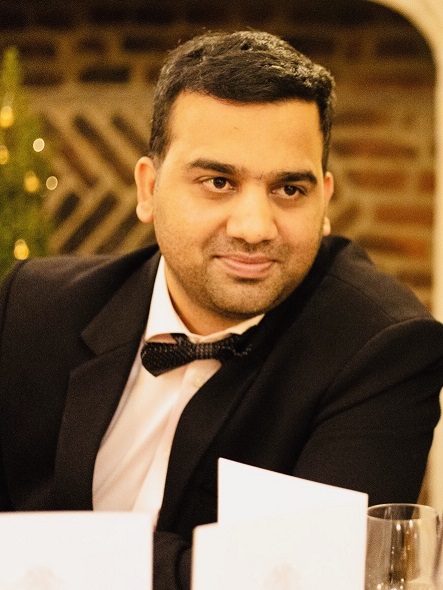 Shafeer Kalathil, Northumbria University, United Kingdom
Shafeer Kalathil, Northumbria University, United Kingdom
Dr. Shafeer Kalathil is an Assistant Professor in Microbial Chemistry at Northumbria University, Newcastle, UK. Previously, he served as a Marie Curie Fellow at the University of Cambridge, a Scientist at KAUST, and a Japan Society for the Promotion of Science (JSPS) Fellow at the University of Tokyo.
Dr. Kalathil’s research harnesses the power of electromicrobiology to address critical challenges in sustainable energy. His team is pioneering the use of electric microbes, or microbial photohybrids, to transform carbon dioxide into valuable solar fuels and chemicals. By advancing the underlying science behind these processes, his work aims to drive the development of cutting-edge, sustainable solutions for the energy sector.
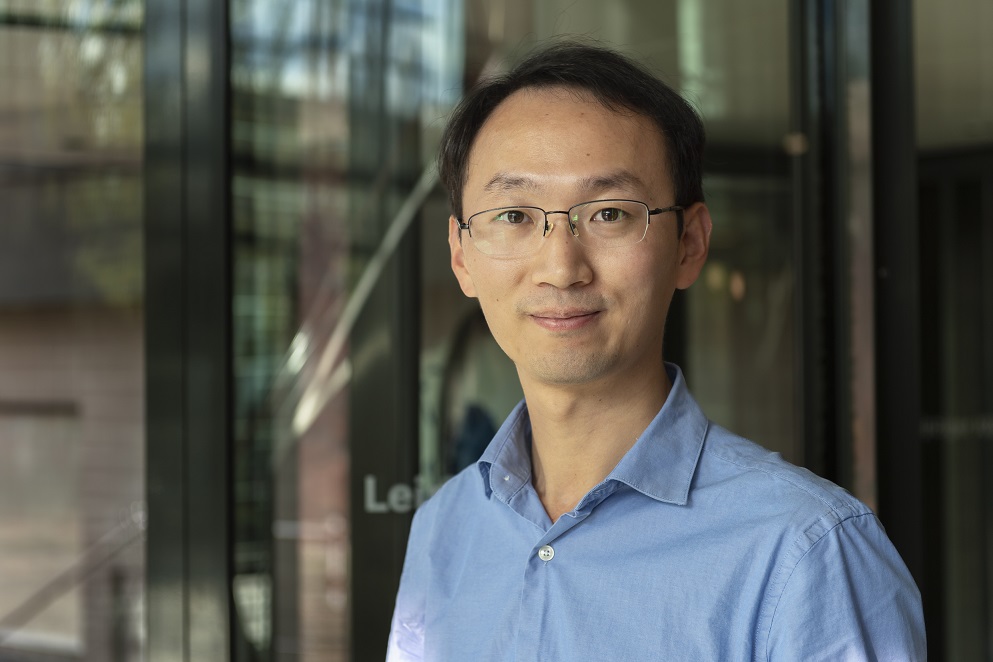 Bin Lai, Helmholtz Center for Environmental Research - UFZ, Germany
Bin Lai, Helmholtz Center for Environmental Research - UFZ, Germany
Bin Lai is currently the head of the BMBF junior research group Biophovoltaics at UFZ, Germany. He received his PhD from The University of Queensland, Australia in 2017, and afterwards moved to UFZ for his postdoc research and then his independent research career. His research group focus on the interface of electrochemistry and industrial biotechnology, with the particular focus on controlling microbial redox and energy metabolism with external redox power to achieve novel biosynthetic processes. His group applies a multidisciplinary research approach encompassing synthetic biology, systems biology, bio-(electrochemical) engineering and modelling. To date, he has raised over 6M euro research funding as the sole or joint principle investigator, and has served on the editorial boards for a couple of journals e.g. Microbial Biotechnology, New Biotechnology. Since 2021 he is a member of the Scientific and Technical Council, UFZ since 2021, and since 2023 the sub-topic speaker for the strategical POF IV programme of UFZ.
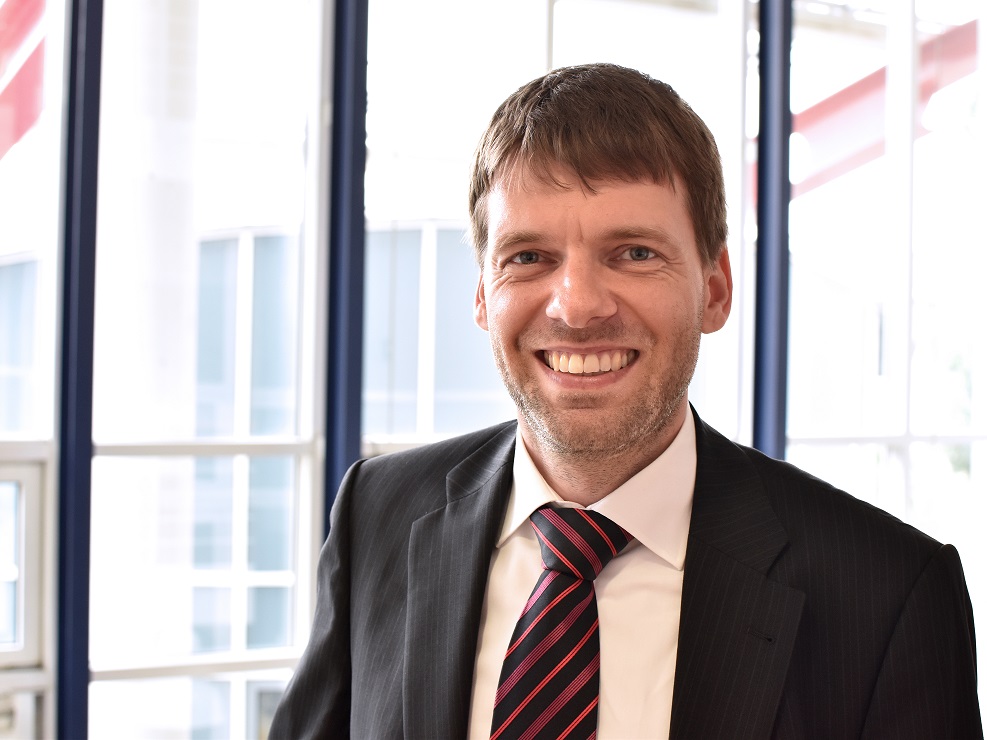 Roland Marschall, University of Bayreuth, Germany
Roland Marschall, University of Bayreuth, Germany
Prof. Roland Marschall obtained his PhD in Physical Chemistry from the Leibniz University Hannover in 2008. After a one-year postdoctoral research at The University of Queensland, he joined the Fraunhofer Institute for Silicate Research ISC as project leader in 2010. In 2011, he joined the Industrial Chemistry Laboratory at Ruhr-University Bochum as young researcher. From 07/2013 until 08/2018, he was Emmy-Noether Young Investigator at the Justus-Liebig-University Giessen. Since 08/2018, he is Full Professor for Physical Chemistry at the University of Bayreuth. His current research interests are heterogeneous photo- and electrocatalysis, especially water splitting and N2 reduction using mixed oxides, synthesis of oxidic mesostructured materials for energy applications, and their thorough spectroscopic characterization.
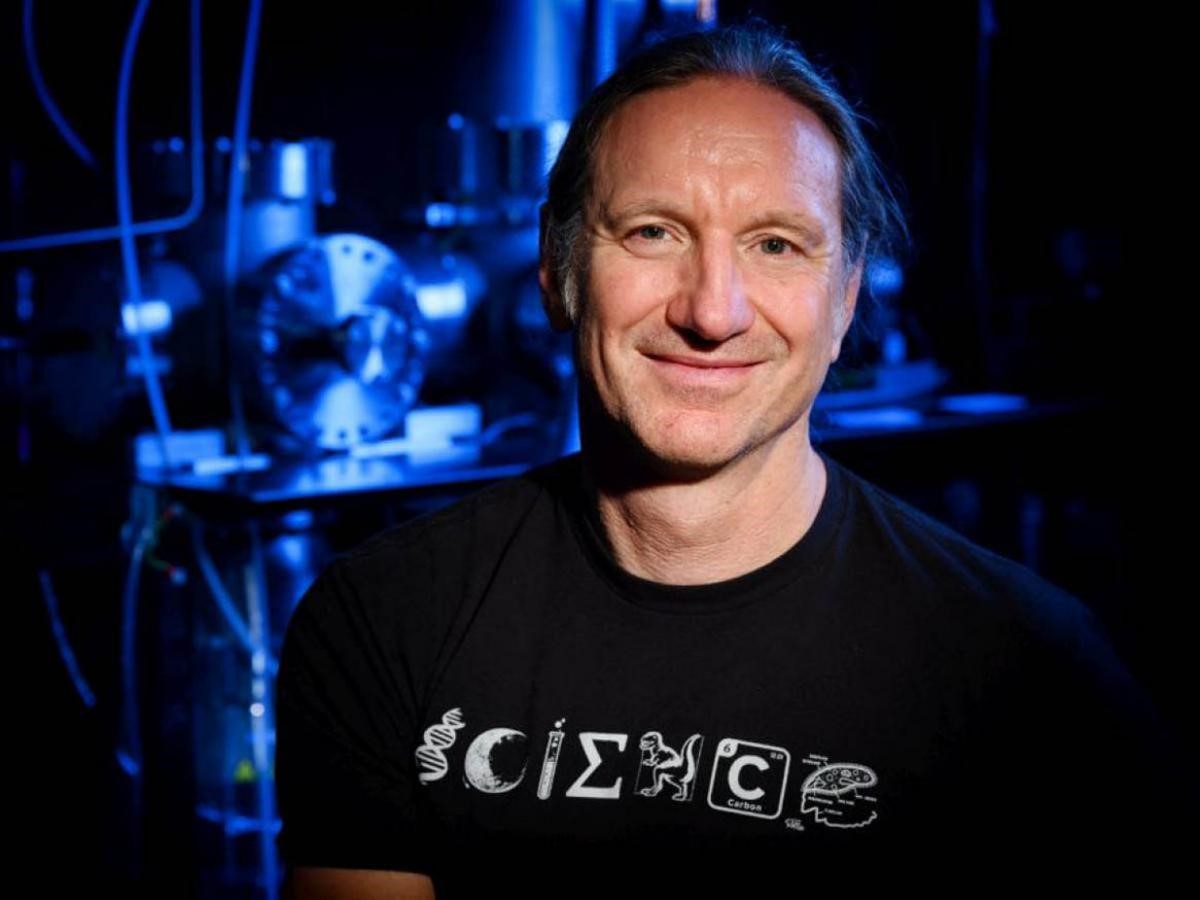 Gregory F. Metha, University of Adelaide, Australia
Gregory F. Metha, University of Adelaide, Australia
Greg is a Professor of Chemistry and Acting Director of the Centre for Energy Technology (CET) at the University of Adelaide. He established and convenes the international Hydrogen Production Technology (HyPT) series of forums running since 2019. He is also the Australian Director of the NSF-CSIRO Global Center for Hydrogen Production, a sub-task leader for the IEA Hydrogen Technology Collaboration Programme (TCP) Task 45: Renewable Hydrogen Technology, and Australian lead for the Mission Innovation Sunlight-to-X Innovation Platform. His research uses light sources from lasers to synchrotrons, across the entire electromagnetic spectrum, investigating a range of light-driven molecular phenomena such as photocatalytic water splitting.
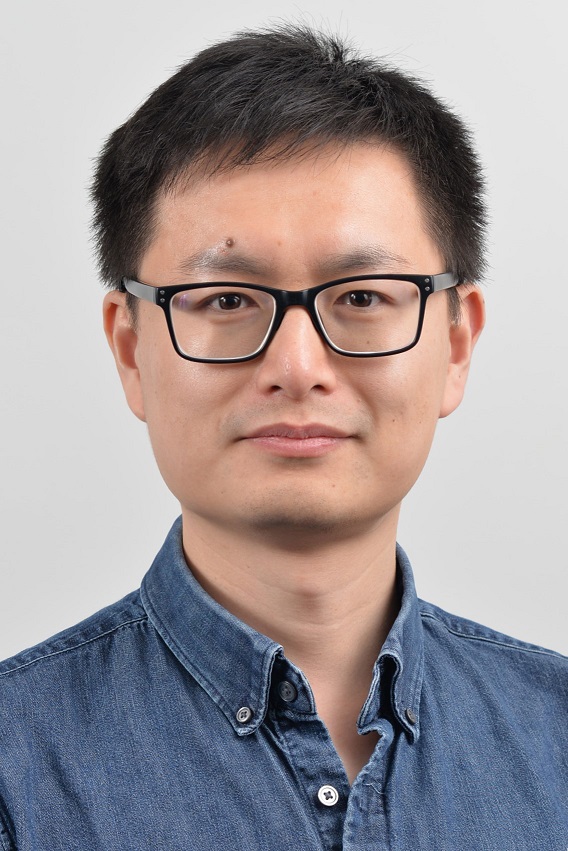 Lin Su, Queen Mary University of London, United Kingdom
Lin Su, Queen Mary University of London, United Kingdom
Dr. Lin Su is a Lecturer in Engineering Biology at Queen Mary University of London, where he leads an independent research group engineering biohybrid systems for sustainable solutions. After finishing his PhD from Southeast University (China), he joined the University of Cambridge as a Research Associate in Prof. Erwin Reisner’s group (2021) and later became a Leverhulme Early Career Fellow (2022). His work focuses on harnessing electron transfer between biological and synthetic materials to advance solar-driven fuel production, green chemistry, and bioelectronic communication across interfaces. Dr. Su’s interdisciplinary approach bridges microbial electrochemistry and materials science, offering novel pathways for renewable energy conversion and storage technologies.
